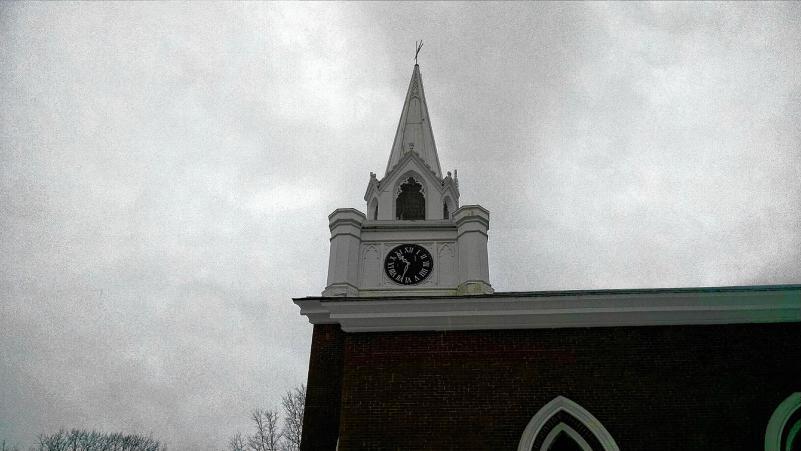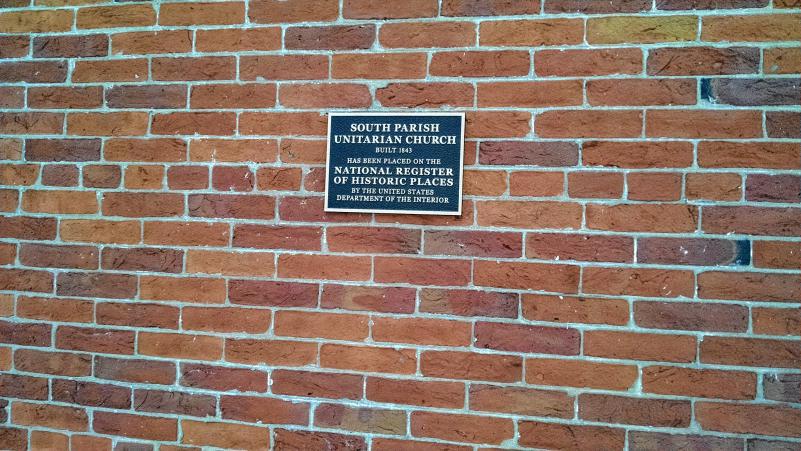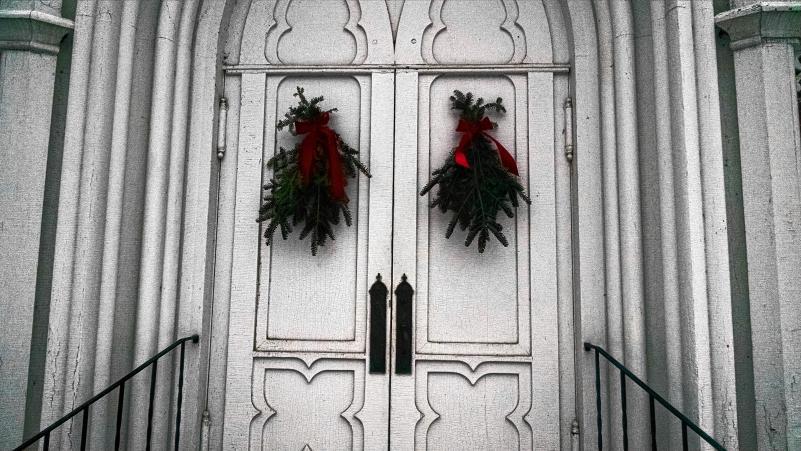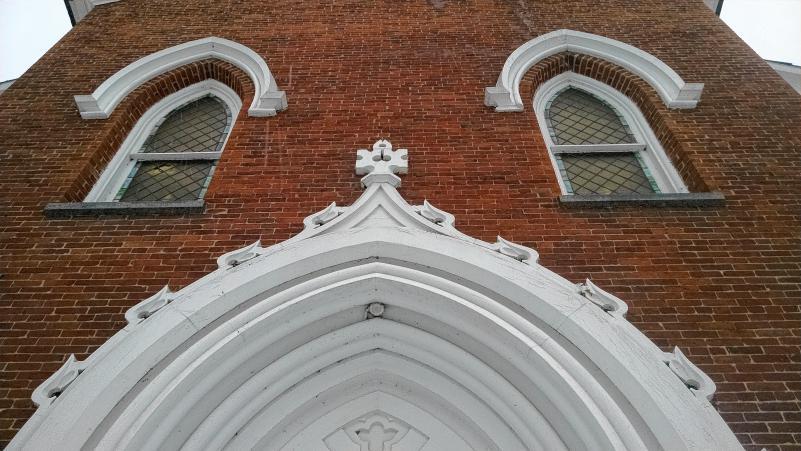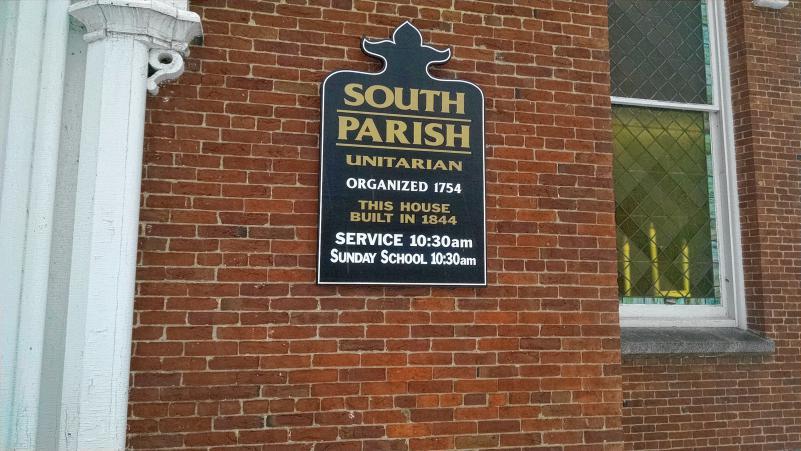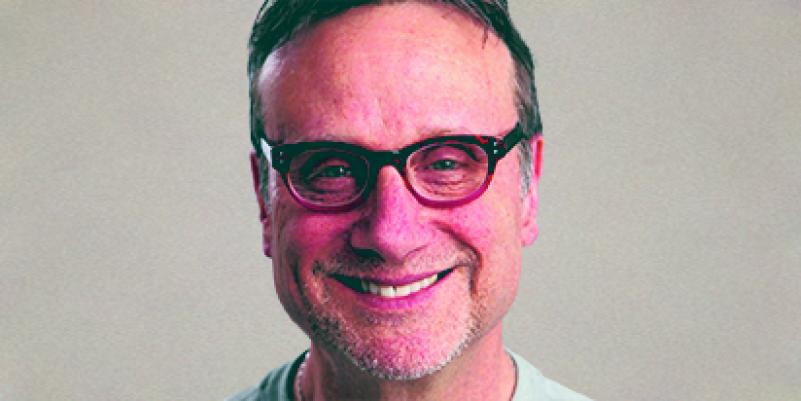|
A survivor, still haunted by church abuse, hopes to provide an outlet for others
By Ray Duckler
They could be living anywhere, unchecked, unregistered and under no suspicion. What’s to stop a priest who’s molested children from living where he chooses, free to mingle in your neighborhood, greet your kids, earn their trust, and yours? Sometimes, absolutely nothing. Our statute of limitations permits this freedom, from both supervision and prison, creating an irony 13 years ago that helped expose the church sex abuse scandal, while allowing priests guilty of horrific crimes to walk free. Lots of priests admitted, in writing during the state’s investigation, that they had sexually molested children, yet these same priests went on with their lives, blending in with society, the public unaware of the danger they posed. Further, there is no central method of tracking the number of priests charged, investigated or prosecuted since the New Hampshire attorney general’s landmark report was released in March 2003. When the names of the accused priests were first made public, safeguards were created to curb a scandal that rocked the world, once the Boston Globe Spotlight team cracked the case in 2002. A movie, Spotlight, came out last year and depicted the pavement-pounding work by the Globe’s four-person team. That led to our series on New Hampshire’s historic role in exposing the rape and molestation of children by men beyond reproach. Thanks to an exhaustive yearlong investigation by the attorney general’s office, New Hampshire took the ball from Massachusetts and ran with it, opening a legal avenue that other states tried to emulate. The Diocese of Manchester admitted to endangering children by sheltering abusive priests over the course of 40 years. Investigators Jim Rosenberg and Will Delker flexed their office’s muscle and dug into church files, uncovering years of systematic abuse and cover up. However, it also led to a stunning revelation that law enforcement has allowed many dangerous criminals to drop off their radar. It turns out, their photos and addresses are on no sex offender registry. They don’t have to check in with a parole officer, and police aren’t notified if they move. More than a decade after the scandal broke, finding out where these men are and what they’re up to can be tricky at best. “If any other group of people had committed a mass atrocity of this kind, the statute of limitations would have been done a long time ago,” said Manchester attorney Mark Abramson, who represented three boys in a civil suit in 2002. “It’s awful that some of these people are still walking around without having received any punishment.” For example, Father Paul Aube’s abusive behavior was documented in the attorney general’s report, with a church cover-up leading to transfers of Aube, from Berlin to Nashua to Rochester to Concord to Manchester. The attorney general’s report said Aube sexually assaulted a minor at Holy Rosary in Rochester in 1981. Using immunity as an ally, Aube described some of his other sexual attacks against minors, helping the state expose the scandal and leading to audits and better communication between the diocese and the attorney general’s office. And the punishment for Aube? He went free. A source I spoke to hopes to find Aube, who’s listed with a Florida address, and warn neighbors about his past. The source told me he feels a sense of duty. Victims, who call themselves survivors, feel the need to coordinate their own supervisory system. They operate websites and write stories about sex crimes committed by priests. “Reforming the statute is absolutely the quickest, safest and cheapest and most effective way to protect kids,” David Clohessy, leader of the nation’s largest support group for victims of clergy molestation, said from his home in St. Louis. “If New Hampshire could have one crime with no statute of limitations, I would say don’t have it on murder, have it on child sex abuse. There just aren’t very many serial murderers, and there are almost no one-time child molesters.” Clohessy, a survivor himself, is the national director of the Survivors Network of those Abused by Priests, or SNAP. He coordinates the formation of state support groups, seeks donations, provides data and writes stories about priests involved in sexually abusing children. Clohessy was referred to me by David Ouellette of Rochester, New Hampshire’s SNAP director. Ouellette spoke openly for a segment in our series, detailing the abuse he suffered in Dover at age 15. Only now, more than 35 years later, is Ouellette emerging from a life of irritability, fear and depression. He told his wife shortly after the Globe story broke, and only recently revealed his dark secret to his children, when he believed they were old enough to deal with it. The movie Spotlight, plus recent therapy, has pushed Ouellette to proceed with something he’s always wanted to do: Create a central facility to house a support group for survivors still trying to cope and adjust to their past. He said he’s found a place in downtown Concord, and, before releasing the site and a schedule, is waiting to hear from SNAP members. Ouellette, like Clohessy, was critical of the state’s statute of limitations. “I don’t think it’s fair,” Ouellette told me. “Research has found that most (victims) come out and talk about it in their 40s and 50s. The statute of limitations should not have an end point for this.” Jim Rosenberg of Concord, who helped lead the attorney general’s investigation in 2002, disagrees. Rosenberg, who now works for a local law firm, said New Hampshire’s statute – allegations can be made within 22 years of a victim’s 18th birthday – is fair. The state statute of limitations was certainly far narrower before 1987, when victims younger than 18 had six years to come forward once they turned 18. “The current statute of limitations makes room for victims of childhood sexual assault to come forward as adults,” Rosenberg wrote in an email to me. “I think the current statute responsibly balances the concern that a child victim would not be competent to come forward until well into adulthood with concerns for false claims later brought for the wrong reasons.” Still, 23 states have no statute of limitations for sexual assault against minors, according to a study by the National Center for Victims of Crime. Rosenberg pointed out that citizens can turn to the attorney general’s website to read about priests convicted of sexual crimes against minors or who admitted wrongdoing and went unpunished. “This public disclosure,” Rosenberg wrote, “supplies an enormous amount of information regarding offending priests, actually far more than the registry does.” Information, though, can still be hard to come by. Deputy Attorney General Ann Rice said her office has received complaints on 157 church-affiliated individuals for sexual abuse-related crimes since 2006, an average of nearly 16 per year. Thirty-two of those cases were referred to law enforcement, meaning the alleged perpetrators were still alive and the statute of limitations had not expired. But Rice did not know the fate of those people. The guess here is that zero New Hampshire priests were convicted of raping or molesting minors. We would have heard about it, right? Does that mean nothing is going on, anywhere? You’d need to call each police department in the state to gather data on how many priests have been charged with sexually abusing minors, and what happened to them. “We do not do sexual assault investigations or prosecutions,” Rice said, “unless it’s someone who is a public official, and that would fall under public corruptions stuff.” According to Rice, 54 alleged abusers had died by the time of the complaint, 29 were protected by the statute of limitations and 25 were not investigated due to lack of evidence. I asked Rice if the system in place to protect children is working. “I’m not going to tell you whether I feel good or not about it,” Rice said. “I do know that the church is regularly reporting to us any information they have on allegations of sexual abuse. There is ongoing communication between our office and the diocese on these issues.” Things are better than pre-2002, no doubt. But, Ouellette warned, nothing should be taken for granted. Complacency, he noted, leads to a repeat of the past. “I think that the behavior will continue if people don’t keep up on it,” he told me. “So yes, I am worried about that.” Contact: rduckler@cmonitor.com
|
.
Any original material on these pages is copyright © BishopAccountability.org 2004. Reproduce freely with attribution.
